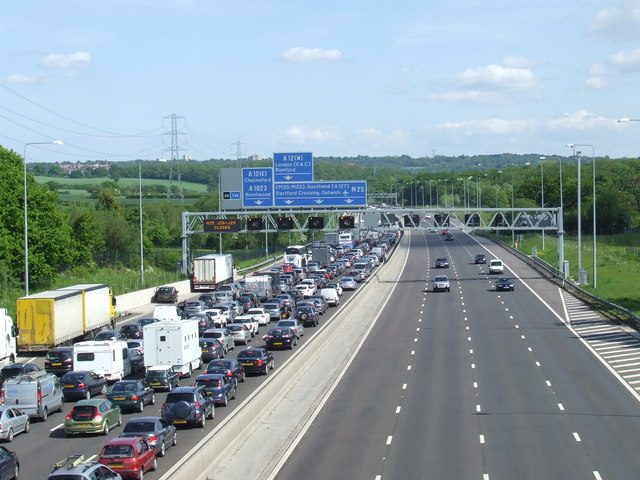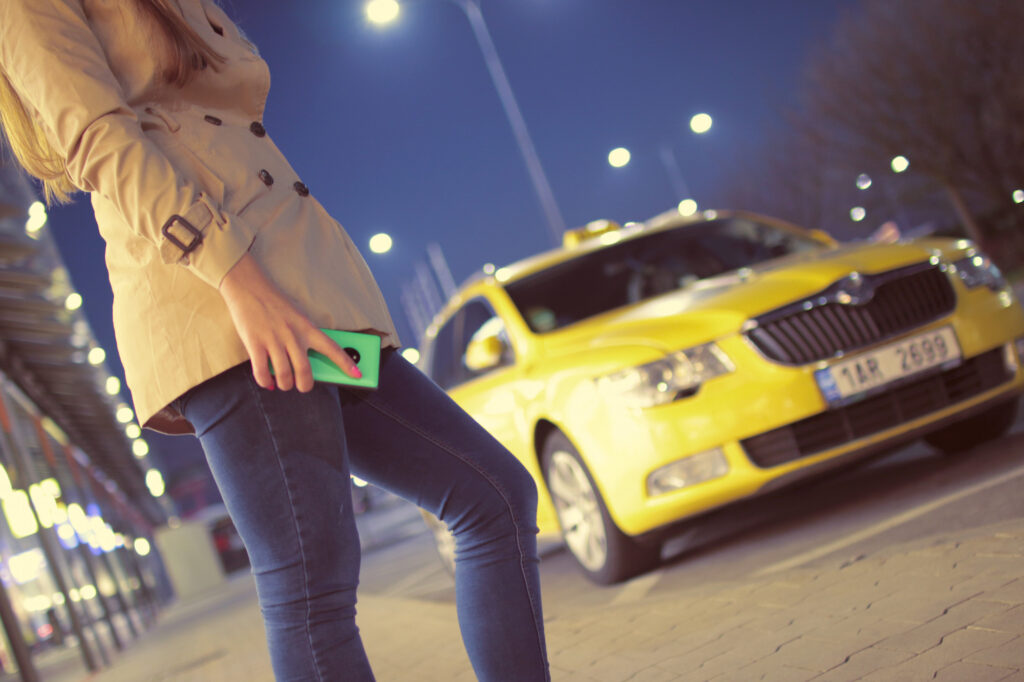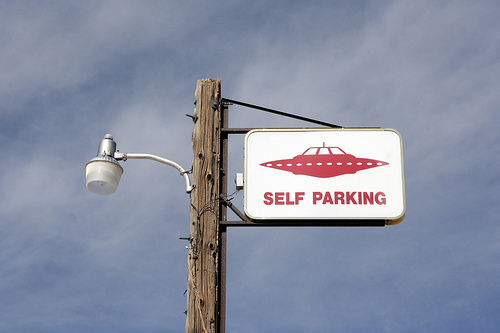We’ve all been there: sat in a queue waiting to get into the car park, praying the FULL sign will switch to 1 SPACE AVAILABLE. Or if we’re not in a queue, we’re searching the city’s side roads for that elusive on-street parking spot. The trouble with owning our own cars – forgive the pun – doesn’t stop there. Some of us have lost our keys, locked them in the car, filled up with petrol instead of diesel, been the designated driver on a Saturday night, or not been able to use the car at all because someone else has borrowed it. Then there’s the MOT, the cleaning, the pollution, and of course tax and insurance.
If a car was a brand new product, would anyone buy it after reading through that list of drawbacks? Probably not. It’s only because of the overwhelming benefit of being able to travel much further and faster than a horse could in one day that made the car such a success. But the benefit can only be enjoyed if there are enough roads leading us to the places we want go, and there aren’t too many other cars getting in our way. However, as we all know, traffic has become the bane of our lives.

In 2014, DVLA reported more than 35 million cars were licensed for use on the roads, roughly one for every two people in the UK. For those of us who use our cars to commute or take the kids to school, we either have to get up before the sun rises when there is no traffic, or we join the traffic and listen to the radio – or repeats of “are we there yet?” – as we envy the motorcyclists whizzing past, or we avoid it altogether by getting on our bikes, trains and Tubes.
But all that could be about to change. Congestion could become a thing of the past.
If Google’s prediction that the introduction of driverless cars could eventually bring about a 90% reduction in the number of cars comes anywhere near true, it’s obvious to see that will mean less traffic and less jam. Hooray we cry! But the impact of such a dramatic reduction in the numbers of vehicles on our roads goes way beyond less congestion.
As driverless cars become more common, with some being planned for release as early as 2017, we will begin to experience a major change in car culture. Not just from a less congestion, or “who’s liable if there’s no human at the wheel” point of view, but from an ownership perspective. Such a steep projected fall in the numbers of cars can only mean fewer car sales to us as individuals and less need for the type of personal insurance policies we have today. Tech brands like Uber, Google, and Apple might be developing fleets of driverless cars but these wouldn’t necessarily be sold to the public. Or if they are, this might only be a temporary arrangement until we all feel more comfortable with not being in control of the car or until the benefits of not owning a car outweigh the negatives.
Think about it. If we don’t need to own a car because we could hire a driverless one on demand, in a way not too dissimilar to how we hire taxis today, then the hassle associated with owning and managing a manual car will disappear: goodbye to all those things we started off with, especially the parking frustrations and sitting in long queues!
But hold your horses. Giving up owning a manual car in exchange for hiring a driverless one might not be as risk free as it sounds. Having your own car parked outside your own house, ready at your beck and call is incredibly convenient. Are you ready to let that go? It depends. If you can call up a driverless taxi and have it arrive on time and take you exactly where you need to go, then yes. It sounds like a great idea. And the likelihood is, with fewer cars on the road, it would get you there on time if not sooner. If however, everyone is trying to call up a driverless taxi at the same time but demand can’t be met, then you could find yourself unable to get from A to B. What then? And what happens if there is a crash of some sort? If you have no insurance, because you’re not the owner, then how do you get home? Who covers the cost?

This is why we can’t write off things like personal car insurance just yet. It’s not as if all our existing cars will vanish into thin air and be replaced by driverless cars; it’ll be a gradual process of replacement or upgrade. Driverless cars will become more and more common over the next decade, mixing in with manual vehicles. So until we get to a point where 99% of the cars on our roads are driverless and not owned by individuals – which might not happen for a few decades – we’ll still need some type of insurance.
That could take several forms: in the next few years, your car insurance policy could provide protection while you’re in your old car but using its autonomous mode. Later on, it could provide protection if you’re in a driverless taxi that gets hacked or breaks down, or otherwise leaves you stranded for some reason i.e. insurance will be needed to provide cover until we no longer own cars. After that, it might still be needed to protect against the unexpected or known-but-rare events that can’t be accounted for upfront. Insurance that helps us defend against the inherent uncertainty surrounding this emerging technology might in fact enable driverless cars to become the norm quicker than we might imagine or wish for.
In other words, the type of insurance we as individuals might need will vary over time as our appetite for using driverless cars grows, as the technology develops, and as the laws, regulations and culture surrounding it evolve.

